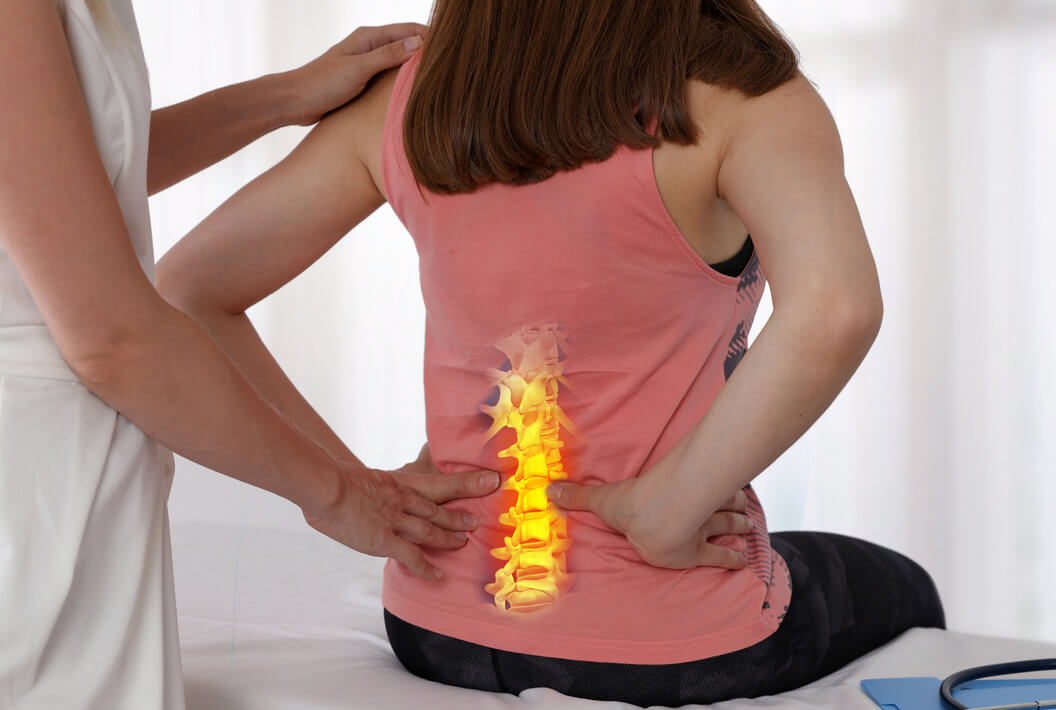This service or treatment is generally covered by most health insurance policies. You are responsible for checking your insurance policy cover, and you may need a referral letter. Check which insurance companies are covered.
Treatment: Nucleoplasty
A Nucleoplasty is a minimally invasive procedure for treating back pain and/or leg symptoms caused by a herniated disc.

Why you might need?
A Nucleoplasty is a minimally invasive procedure for treating back pain and/or leg symptoms caused by a contained bulging (herniated disc). A Nucleoplasty may help if your symptoms have not improved after conservative treatment. This procedure is designed to remove the pressure exerted on spinal structures (usually a nerve root) caused by the small herniated disc. It is an alternative to the more substantial open surgical approach of a lumbar discectomy, which requires an incision in the skin. The Nucleoplasty does not require a surgical incision and is performed through a needle.
Treatment Info
An anaesthetist will discuss with you the type of anaesthetic used and the process they will follow. You will be given the opportunity to ask any questions and raise any concerns you may have with the anaesthetist.
The procedure will take place in theatre and will last approximately 30 minutes. It is performed through a single small incision. You will lie on the x-ray table and the skin over the area to be treated is cleaned. The anaesthetist will administer a sedative to keep you relaxed. Nucleoplasty works by using a device called the Perc-D Spine Wand. The wand passes through the ‘introducer’ needle into the centre of the disc, called the nucleus. The wand will generate heat and shrink the soft tissue leading to a reduction in the bulge of the disc material. This decompresses the disc, reducing the pressure both inside the disc and on the nerve roots. The procedure is performed under x-ray guidance to ensure accuracy.
Treatment Preparation
Your consultant will provide you with all the relevant information before your procedure along with any preparation you may need to do in the days leading up to your surgery. It is important to tell your consultant about any medicines you may be taking, including any over the counter pain medicines such as paracetamol or aspirin.
You may need radiological (imaging) tests before your surgery, including ultrasound, x-ray or an MRI scan.
Do not eat (this includes chewing gum) or drink for 6 hours before you are due to have surgery otherwise your surgery may be delayed or rescheduled.
Please ensure you have a competent adult available to take you home after you leave OneWelbeck Orthopaedics.
Treatment Risks
The procedure is very safe and serious side effects and complications are rare.
As with any surgery, there can be risks including:
- Soreness at the needle insertion site
- Wound infection
- Disc infection (discitis)
- Bleeding
- Nerve damage; numbness, leg weakness
- Increased pain
- Leakage of spinal fluid
- The disc herniating again.
Treatment Recovery
After your surgery, you will be watched by your dedicated nurse at OneWelbeck Orthopaedics for the few hours afterwards. Once you have seen your Consultant you will be able to go home the same day. It is important to rest to give your injury the best chance of healing.
Make sure you follow any advice given to you by your consultant orthopaedic surgeon including any advice on pain relief, wound dressing and any exercises you may be given.
A follow up appointment will be made to assess your progress in 2 weeks time and to remove any stitches.



